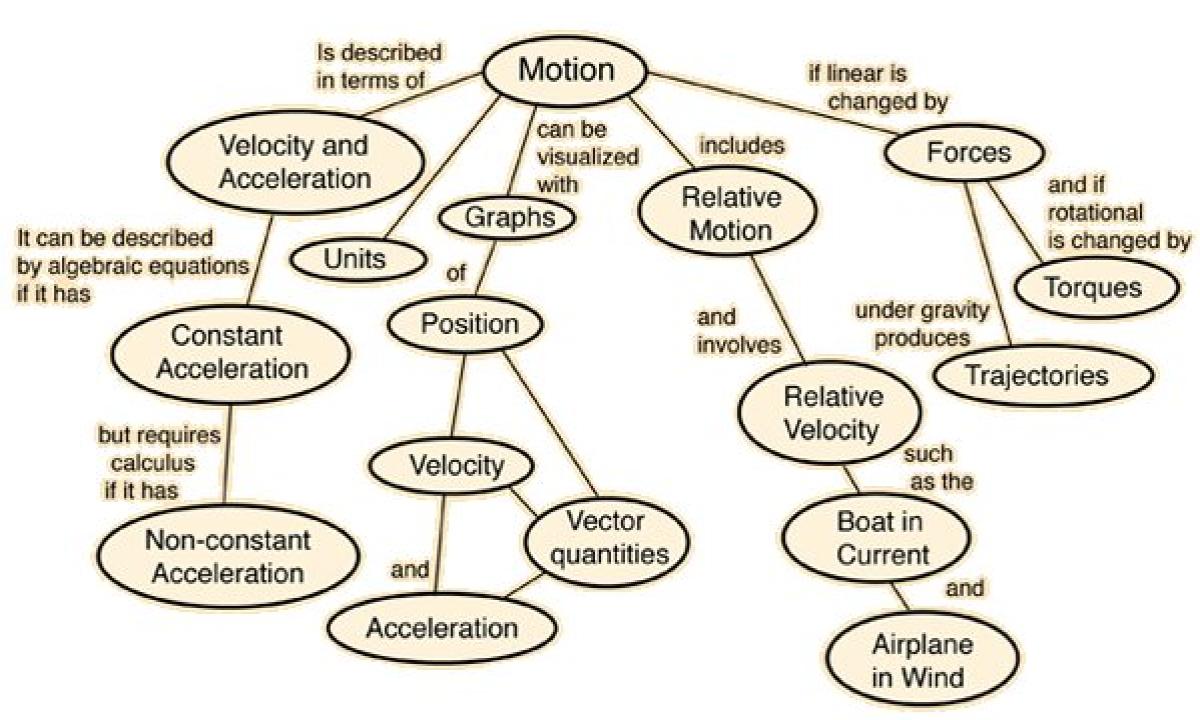Nothing in the world becomes just like that. Most of people is sure of it. The similar belief concerns not only the vital phenomena and regularities, but also acts of people. Most often certain motives direct acts. And we ask a question why in a certain situation of people arrives anyway. Having perhaps opened a concept essence motive, we will manage to find answers to this question.
Concept and types of motives
The motivation is the internal state of the person connected with his requirements. Motives are the driving force which intensifies physical and mental functions, motivating the person to act and to achievement of a goal. The motivation and different types of motives make the person purposeful as the purpose in most cases satisfies the requirement which arose in something.
Different types of motives in psychology are considered as the phenomena which become a reason for action. The motive gives to the person a lot of the experiences which are characterized or the positive emotions connected with expectations or negative emotions because of dissatisfaction by the situation. Some types of motives of the personality are characterized by existence of a material or ideal subject which achievement is point of activity. Besides motives there is also such concept as incentives. These are those levers by means of which motives are caused. For example, for the person the award, a raise of salary can be an incentive, and for the child the incentive is a good mark at school for which parents promised to buy something.
Types of motives of the person are divided into two levels: motives of preservation and motives of achievement. Most often in the life the person uses motives of preservation where the power of emotions works insignificant time, and the activity is directed generally to losing what is already created. Motives of achievement demand from the person of constant activity to receive the desirable. To complete the picture we will consider the existing functions and types of motives.
Functions and types of motives
Main types of motives of the person contain six components:
- External motives. They are caused by external components. For example, if your acquaintance got a new thing, and you saw it, then you will have a motivation to earn money and too to get a similar thing.
- Internal motives. Arise in the person. For example, she can say in desire somewhere to leave and change scenery. And if you share this thought with people around, then for someone it can become external motive.
- Positive motives. Are based on positive reinforcements. For example, such motive contains in installation – I will work hard, I will receive more money.
- Negative motives. Are the factors which are pushing away the person from commission of a mistake. For example – I will not get up in time, I will be late for an important meeting.
- Steady motives. Are based on needs of the person and do not demand an additional reinforcement from outside.
- Unstable motives. Demand a constant reinforcement from outside.
All these types of motives perform three main functions:
- motivation to action. That is identification of those motives which force the person to work;
- activity. Function by which the person defines at the expense of what he will be able to achieve the objective and to satisfy the requirement;
- control and maintenance of the behavior directed to achievement. Remembering the ultimate goal, the person will adjust the activity taking into account its achievement.
By the way, as for activity, and there is the set of motives. It depends not only on internal needs of the person, but also on his interaction with the social environment.
Types of motives of activity and interaction with society
Human activity is the major vital sign. Motives of activity are formed on the basis of needs of the person to achievement of definite vital purposes. The behavior of the person is formed depending on what final result of the actions he sees. As our primary activity is work, and motives are focused on process of work and on its result here. In the first case the motives will be caused certain working conditions, the content of work, quality of relationship between employees and a possibility of development of abilities. In the second case, the result of work will depend on three main motives:
- the material reward is, first of all, a monetary income and confidence of the person in security with work and social security;
- the importance of work - here is considered opinion on work of family, friends and mass media, in other words, prestigiousness of a profession;
- free time – important motive for creative people and also for those who have small children or combine work with study.
As any activity is inseparable with society, you should not forget that there are also different types of motives of interaction. In other words, the activity each person pursues the aim to affect somehow behavior of other people united in society. Types of social motives can be various. The most important of them is the phenomenon called social comparability. It is attempt of the person to analyze and estimate the abilities comparing them to other people. From here such types of social motives of interaction as sympathy for other person or inclination for it result.
However above all types of the motives forming behavior of the person there is "self-motivation". This internal feeling of the person by which he is guided in each act. For successful activity the person needs to control himself, to provide the mode in which any activity will be fruitful. From self-motivation other types of the motives promoting achievement of goals are born.
"

